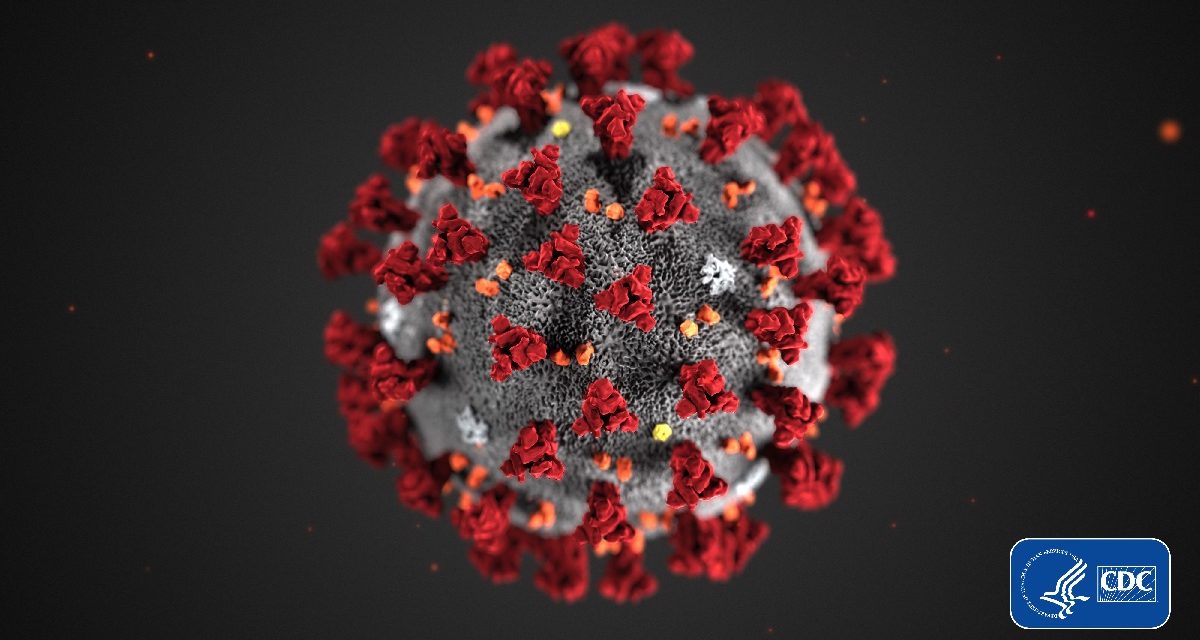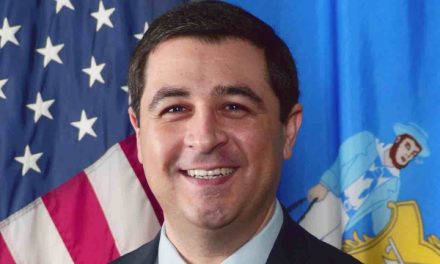
Nursing homes say reopening plan’s visiting restriction could be ‘devastating’

The state’s nursing home associations are worried that some families may be unable to visit residents for more than a year under Gov. Tony Evers’ plan for reopening the state.
According to an overview of the Badger Bounce Back plan, “unnecessary visits” to hospitals, nursing homes and congregate facilities would be stopped until a vaccine is available for the new coronavirus.
John Vander Meer, CEO of the Wisconsin Health Care Association and Wisconsin Center for Assisted Living, said some of their members have heard concerns from family members about the plan. He noted that reports have suggested it could take 12 to 18 months to develop a vaccine.
“We certainly recognize the need to take all necessary precautions to protect the health and safety of long-term care residents, but I think a potential 18-month ban on visits could really be devastating for many residents and their families,” he said.
Vander Meer said there are clinical implications for residents as they navigate the challenge of not having the opportunity to connect with families. “Those needs have to be appropriately balanced,” he said.
John Sauer, LeadingAge Wisconsin CEO, said they’re concerned that visitation won’t be allowed except in extreme circumstances involving end-of-life care.
He noted that they’re doing what they can to keep the virus out of facilities and understand the need to stop visits until it’s safe for nursing home residents, especially since visitors could be asymptomatic and carrying the virus.
“It’s one thing to say if we hunker down for two or three months, we can go back to some semblance of normalcy,” he said. “It’s another thing to say to someone who’s in a nursing home, who’s 85 or 90 years of age, that they can’t routinely personally see their family or friends for that period, particularly when you look at the expected longevity of those individuals.”
Sauer said they need to start thinking about creative ways to allow visitation beyond video conferencing like Zoom, Skype or FaceTime. That could include creating visitors’ rooms that are highly sanitized where visits can happen on a scheduled basis.
That would mean people won’t have to make that “level of sacrifice for that prolonged period of time,” Sauer said.
“Quite frankly, for some residents, that means until end-of-life issues develop, they may never see their family one on one again,” he said. “That’s not something I think we should just kind of cavalierly ignore. I think we have to come to terms with how we’re going to be able to do that.”
Dr. Ryan Westergaard, chief medical officer of the Department of Health Services’ Bureau of Communicable Diseases, said they’re working with evolving federal guidance and consulting with stakeholders on the best strategies.
“We really have a higher barrier to try and do as much as we can to prevent asymptomatic people from introducing infection into nursing homes,” Westergaard said Monday. “That really high standard of trying to protect the most vulnerable populations resulted in some pretty stringent visitation restrictions.”
Given the prevalence of the disease and that many long-term care facilities have had outbreaks, visitor restrictions are probably going to stay in place until there are other ways of protecting residents, he said.
“We’re hopeful that there’s going to be a vaccine eventually,” Westergaard said. “It’ll be some time before we know for sure that people who have been infected and recovered are immune. So it is an unfortunate circumstance, and we’re all trying to support each other and get people’s needs for social support and family connections met, while really trying to do infection control in the best way that we know.”
Wisconsin Health News is removing the password on all stories related to the coronavirus. For the latest developments follow us on Twitter at @wihealthnews or check out our website. For complete healthcare coverage, sign up for a free trial to our daily email newsletter.





